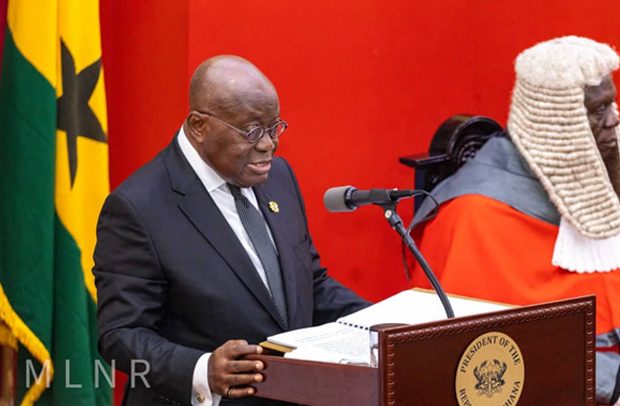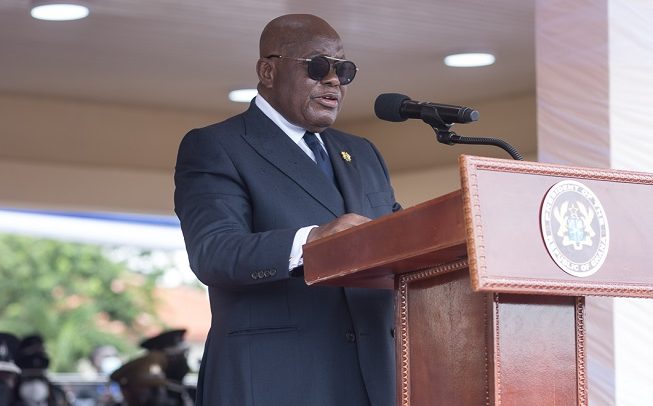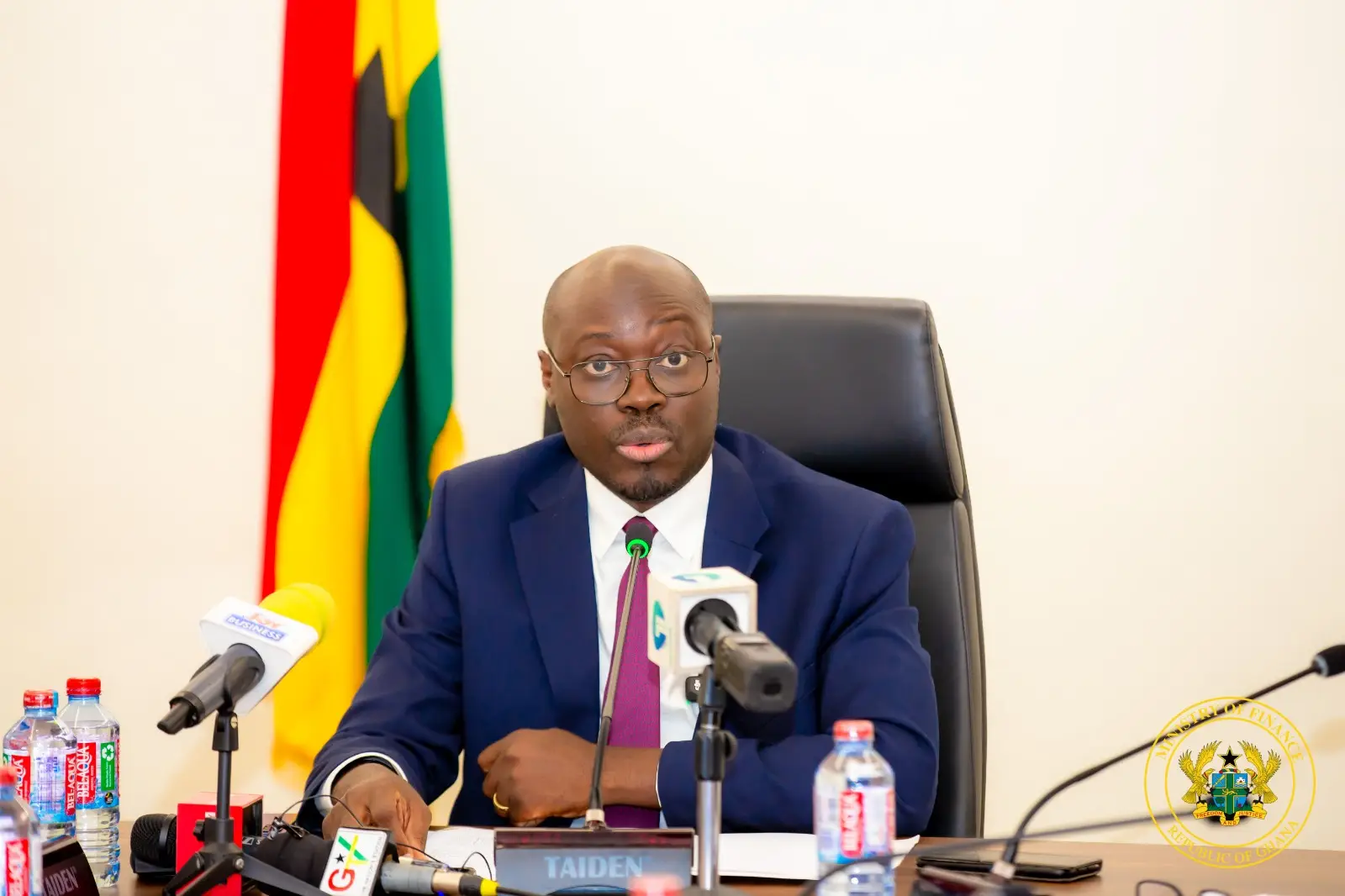
Africa's advancement and sustainable development would materialise when the Continent leverages on the vast and integrated opportunities offered by the employment of information and data, President Nana Addo Dankwa Akufo-Addo has noted.
He said the significant changes that had been recorded by most developed countries were traced to Information Communication Technology (ICT), stressing the need for Africa to key into the data and technology revolution to improve the living standards of its peoples.
"If we are to succeed in improving the living standards of our people, a critical piece of this puzzle has to be the availability and use of information and data," President Akufo-Addo said at the opening of the two-day 2017 edition of the Africa Open Data Conference in Accra on Thursday.
Attracting over 800 delegates from all over Africa, the event which brings together innovators and experts and is expected to push for greater utilisation of Open Data to achieve and improve the development goals of Africa across all sectors.
Open data is information accessible to anyone and a growing global resource with potential to grow business, improve quality of government business, and increase innovation healthcare, education, transportation, energy, extractives, agriculture, gender equality and economic growth.
The event would enable networking, and connect delegates to sources of support and introduce investors and donors to expanding sectors in need of open data from across the globe.
President Akufo-Addo noted the multi-dimensional changes that had taken place in emerging economies was as a result of those countries making data open, insisting that in emulating those examples, African nations should make critical importance that data was made for potential users.
He said for Africa to harness the potential of Open Data, there was the paramount need to educate and improve the data literacy of its people, and "encourage innovations on how, when and what data are collected and shared so that they are up to date, disaggregated and relevant to the concerns of people and policy makers."
According to the President, Ghana had already keyed into the potential of utilising Open Data to achieve its development imperatives, with the country signing onto the Open Government Partnership (OGP) in 2011, focusing on the use of open data to achieve transparent and accountable governance.
Ghana embarked on its open data journey in 2012 to create a community of data suppliers and users. Despite a brief lull of inactivity, the nation has committed a budget to revamping the Ghana Open Data Initiative.
President Akufo-Addo told the delegates that Ghana had resolved to ensure that government data was legally and technically open without legal restrictions, saying, "Our ultimate goal is to adopt the international open data charter and ensure that government data is easily accessible".
He said through policy interventions, government would ensure that the use of open data was vigorously pursued and promoted to transform the conduct of government business to enhance the opportunity for economic development and creation of jobs for the youth.
The move would also affect digital platforms for procurement, immigration, parliamentary and judicial, including the business of Cabinet, as well as encourage citizens to hold government accountable and ensure greater transparency.
"Open data must work in Ghana for the benefit of the citizenry," President Akufo-Addo stressed.
The President disclosed that as part of promoting the availability of data, government, under the e-Transform Project, was working to create innovation hubs and mobile laboratories, and looking to establish an Open Data Institute to promote education, management and use of open data, especially for the development of mobile and web-based applications.
These efforts, he said, were geared towards finding faster ways to achieve sustainable development for Ghana and making the country a technology-driven one.
President Akufo-Addo announced that government had begun the implementation of recommendations of the
UN Sustainable Development Goals (SDG's) for countries to bridge data gaps by building the administrative data system, strengthening censuses and surveys, and pioneering the uses of new types of data and encouraging data use.
He said government was strengthening the data ecosystem, establishing strategic partnerships, and creating a harmonised policy and enabling environment for Open Data.
"The implementation of these recommendations is driving our open data initiative, as we work also towards achieving the SDGs. It is the intention of government also to ensure the long overdue passage of the Right to Information Bill by Parliament' he said.
Source: GNA
Read Full Story






















Facebook
Twitter
Pinterest
Instagram
Google+
YouTube
LinkedIn
RSS